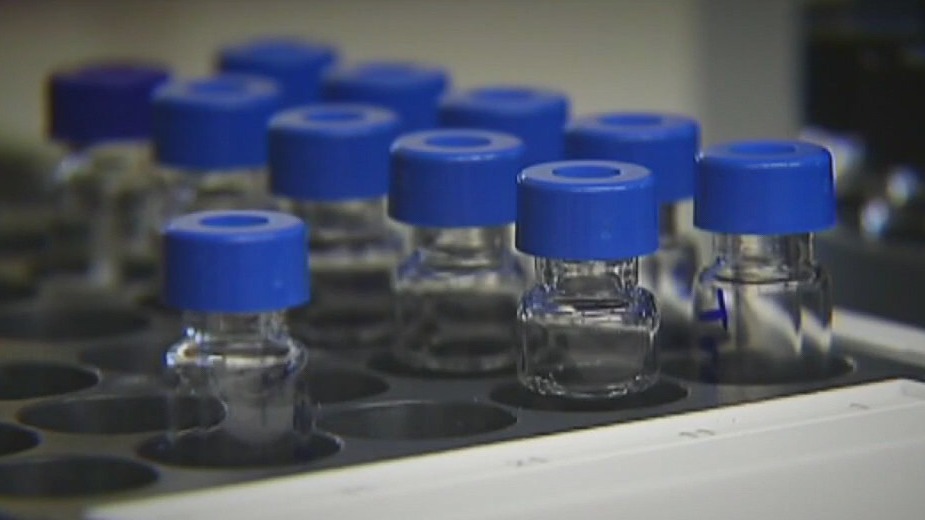Texas lawmakers pushing for faster DNA testing for suspected felons

Push for faster DNA testing for felons
Texas lawmakers are pushing for a faster way to test DNA collected by suspected felons. Those opposed say quicker isn't better
AUSTIN, Texas - Texas lawmakers are pushing for a faster way to test DNA collected by suspected felons. Those opposed say quicker isn't better.
What is the current law?
What we know:
Current law mandates booking facilities collect a DNA sample from everyone who is arrested for a felony.
Those samples are then entered into a database to check for possible matches to unsolved cases across the country.
What they're saying:
"There have been many of those violent offenders that have been arrested, and the DNA has matched, and they've been convicted, and justice has been served," said state Sen. Brandon Creighton (R-Conroe).
"Now we are advancing two additional pieces of legislation that will double down on the success," Creighton said.
By the numbers:
Texas DPS statistics reveal 37 samples led to hits in Travis County in fiscal year 2024.
Across the state, DNA samples have helped solve more than a thousand cases.

Lawmakers push for faster suspect DNA testing
Texas lawmakers are pushing for a faster way to test DNA collected by suspected felons. They claim it will help keep people across the country safe, but those against it say "quicker isn't better". FOX 7 Austin CrimeWatch reporter Meredith Aldis discusses with Rebecca Thomas and Mike Warren.
What is Senate Bill 1723?
Big picture view:
Senate Bill 1723 seeks to establish a "rapid DNA analysis" pilot program to "optimize the process of reporting DNA records and decrease the number of arrests for which a DNA sample is not collected and analyzed by assisting law enforcement agencies in implementing rapid DNA analysis of DNA samples collected," says the bill's text.
SB 1723 is about the time it takes to get results.
Traditional testing can take up to 72 hours. Results from Rapid DNA testing would be available within 90 to 120 minutes and law enforcement will know if a suspect is connected to other crimes before they’re even released.
"We want swift justice for the families and the victims that have been hurt by these individuals, and we need Texas laws to be current with the latest and greatest technology certainly that protects privacy, but at the same time, make sure that these violent offenders don't get away," Creighton said.
"Everyone that's accused would have their due process protections in place," Creighton added.
Opposition to the bill
The other side:
Criminal defense attorney and author Frank Abrams argues that quicker isn’t always better.
"The issue is going to be how accurate the testing is, how the testing was done. I, you know, quite frankly, it boggles the imagination to think that something as important as this can be fast-tracked," Abrams said.
What's next:
This bill is waiting to be heard in the criminal justice committee for lawmakers to debate.
According to the Texas Legislature's online records, the bill was scheduled for a public hearing on April 29.
The Source: Information in this report comes from interviews/reporting by FOX 7 Austin CrimeWatch reporter Meredith Aldis and the Texas Legislature.

